David Russell | Interview
David Russell is a writer of poetry, literary criticism, speculative fiction and romance. He is also a singer-songwriter and guitarist. Over 1969-1970 Russell had tentative interest from someone who worked at MCA, and then from Southern Music. This did not materialise. Then in 1992 he made a vinyl album with Billy Childish on his then Hangman label. Subsequent to that Russell recorded quite a lot of material with Jim Clark of Posterity Recordings.
Dave Russel was born in Wolverhampton in the 1940’s in the English Midlands the son of a factory inspector he grew up from an early age in Middlesbough North East England which is where his accent originates. Dave has lived in London most of his life and performed his much loved songs around the acoustic venues of London since the early 1960’s. and was a regular down at Bunjies Folk Cellar until its closure as an acoustic venue in the late 1990’s. I first met Dave down there and he wowed me as he has done to thousands over the years with his unique performance and his wide range of songs and poems ranging from his own immortal poems and songs and his repertoire of blues, folk, pop and poetry. Dave is also an author of several science and adult fiction novels. An English teacher until his retirement Dave continues to perform regularly for appreciative audiences around London and elsewhere. Jim Clark
Where and when did you grow up? Was music a big part of your family life?
David Russell: My early childhood was based in Middlesbrough, Tees-side, my later childhood in Darlington, country Durham. My adolescence was based in Bristol. My mother was a concert-trained singer and pianist, but we did not relate musically.
You are mostly known as a writer. Would you like to talk a bit about your background?
I did a degree in English Lit (Durham); graduated 1962. I worked unsuccessfully towards a higher degree.
What can you tell us about your book of ecopoetry, ‘An Ever River’, published by The Palewell Press in 2018?
I discovered The Palewell Press in the course of much trawling of the Internet. I had come to here of the advent of the Ecopoetry Movement. I found that its aims related to what I had been struggling with for several decades.
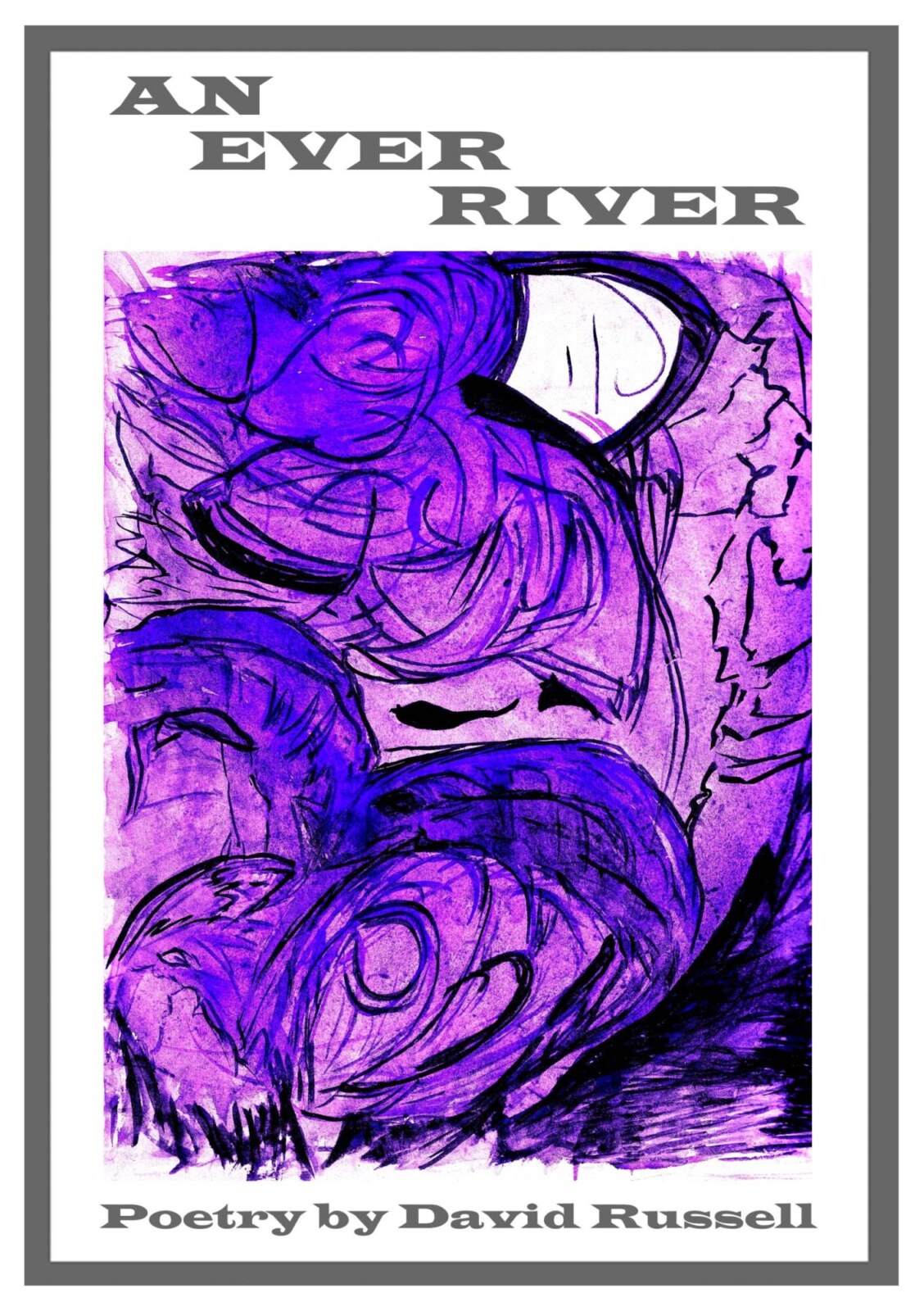
What about ‘Exacting Modality of the World Web’ and other self-published material?
Exacting Modality of the World Web was not self-published. It was one of a series of 4 pamphlets produced by Cafe Books, organised by the late Bernard Stone of the Turret Bookshop, 1970. I obtained this publication via the late Christopher Logue, who heard me reading my Brainwash Reverie at a live ‘arts lab’ event at The Crypt of Lancaster Road Methodist Church, London W11. My second poetry collection, A Chip off the Old Block, was published by Aloes Press in 1973. I self-published Nothing Hero in 1984. Around 2002, I published three titles with the then Public Press, novellas High Wired On and Self’s Blossom, and the collection Romantic Undress. Around 2015, at the prompt of a friend, I decided to self-publish on Amazon. My titles there are the romances Dreamtime Sensuality I, Dreamtime Sensuality II, Explorations, Further Explorations, Pearlman and Self’s Blossom. There is also Sensual Rhapsody, a collection of erotic poetry and artwork, and my English translation of the 16th Century Spanish epic La Araucana.
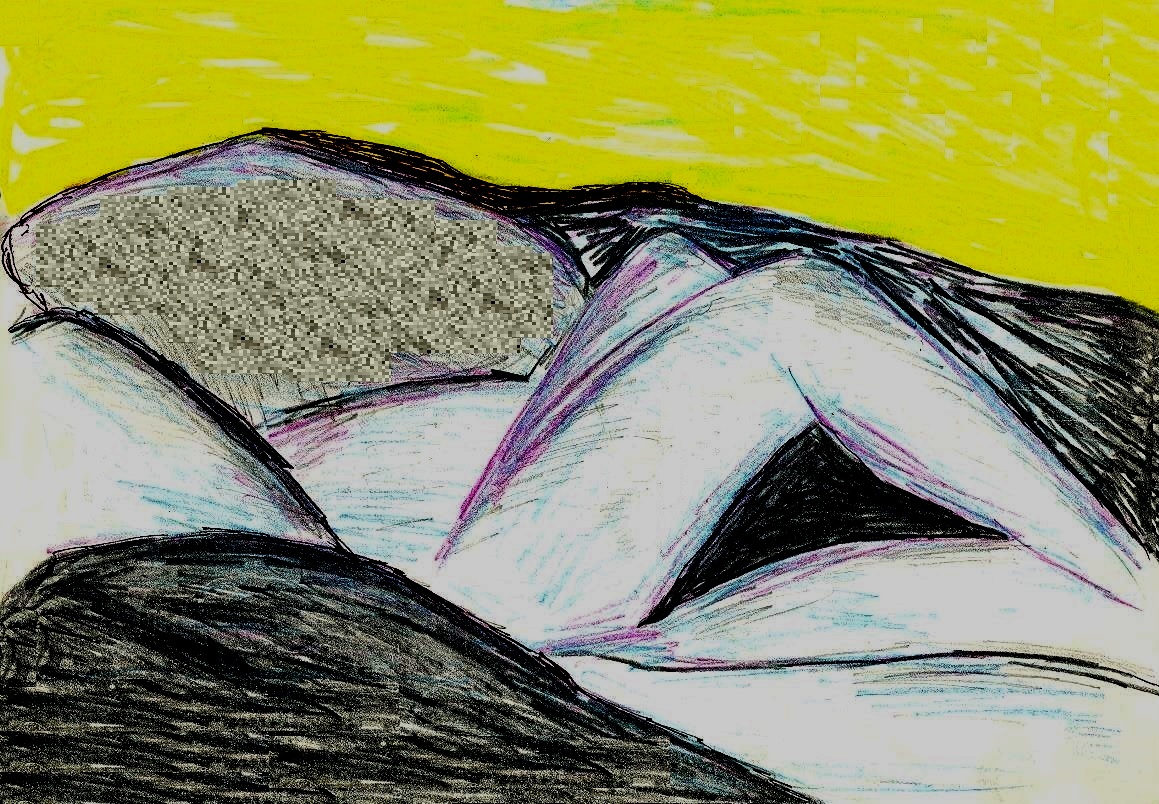
You also worked with International Times?
I was never on the staff of International Times; I used to read it in the early days. I heard about the revived ‘online’ version via the former editor, actor, poet and musician Niall McDevitt, whom I knew through poetry and music performances. I continue to liaise with the present editor, Claire Palmer.
How about your singer-songwriter career? When did you begin playing music? Who were your major influences?
I first started playing in my teens, one of a huge number catalysed by hearing Lonnie Donegan’s ‘Rock Island Line’ and Elvis Presley’s ‘Mystery Train’. These examples led me to seek out the source material, so I discovered the folk and blues canon. Concomitantly, I followed quite a lot of jazz, both traditional and progressive. I heard on the radio a certain amount of classical music, but veered towards the experimental – Bartok and beyond. Much later, I heard the likes of John Cage and Stockhausen.
When did you decide that you wanted to start writing and performing your own music? What brought that about for you?
It was in the psychedelic 60s, when Dylan was getting heard, and inspiring everyone to have a go at doing their own. There was an encouraging environment in the Arts and Community Centre Notting Hill, pioneered by Carlyle Reedy. This put on events, and also held a poetry workshop, where people came with poems, some of which I set to music.
You mentioned that you recorded songs for a possible release back in 1969-1970. What’s the story behind that?
When I did a spot at the Lancaster Road Crypt, Roger Watson of MCA came up to me and asked me which company I was with. He later arranged for me to record a demo tape, and approached a few people about it. One of these was someone called Philip Swern, who keeps an archive (regrettably he cannot remember this). He arranged a session at the then Advision Studios in Marble Arch. I never got a copy of the result; I was told it had been a ‘private investment’.
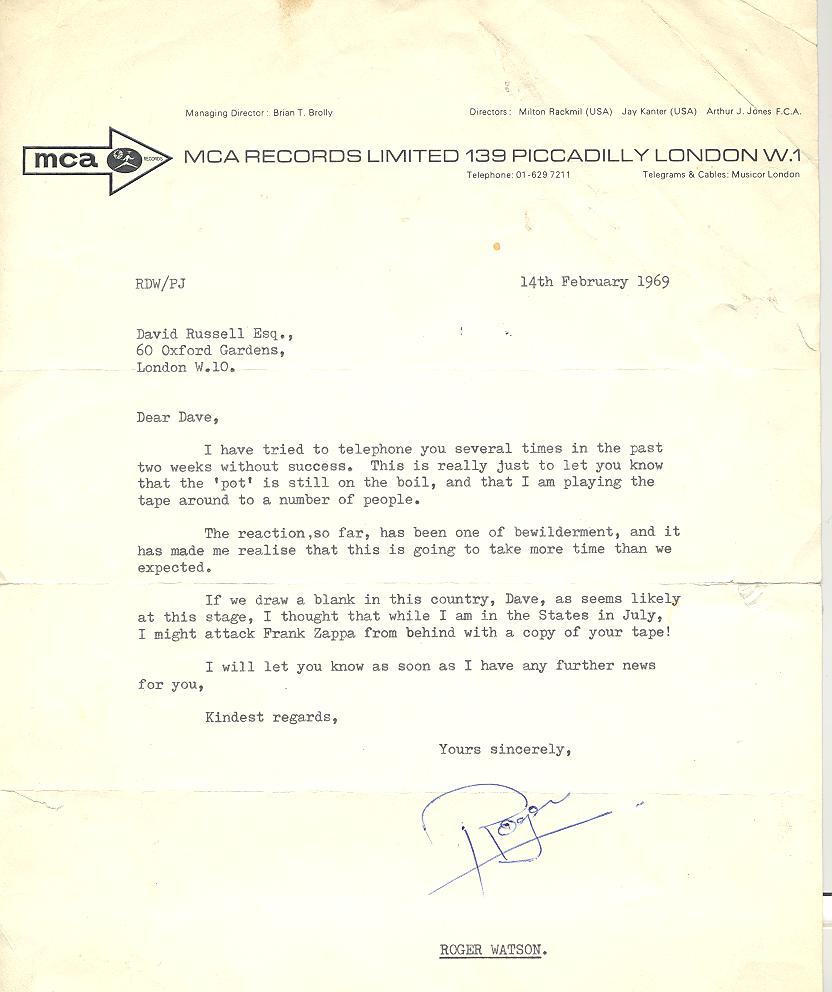
“Art for art’s sake’ project.”
In 1992 you made a vinyl album with Billy Childish on his then Hangman label. What can you tell us about the release of ‘Bricolage’?
Billy heard me do a spot at a session of Survivors Poetry and Music, which promotes creative endeavour by and for sufferers from Mental Distress. He simply came up to me and said “Would you like to make a record?” I replied strongly in the affirmative. The recording was done at his house in Chatham, on an old reel-to-reel tape recorder, in an afternoon (It was always his policy to do solo artists in an afternoon, groups in a day.) He gave me a cassette copy of the master, and had the cover designed by one Bruce Brand. There was a pressing of 500 copies. It was, for him, an ‘art for art’s sake’ project. He added, “this is the first recording I’ve made that sounds anything like music.” A handful of vinyl copies remain.
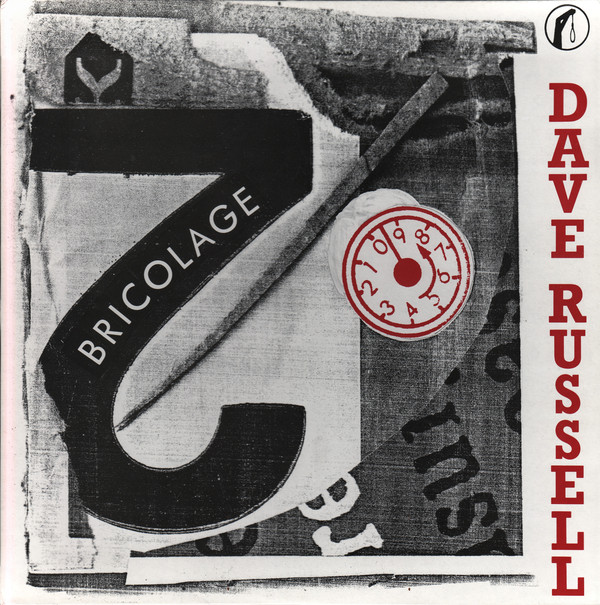
Did you perform live?
I constantly performed live.
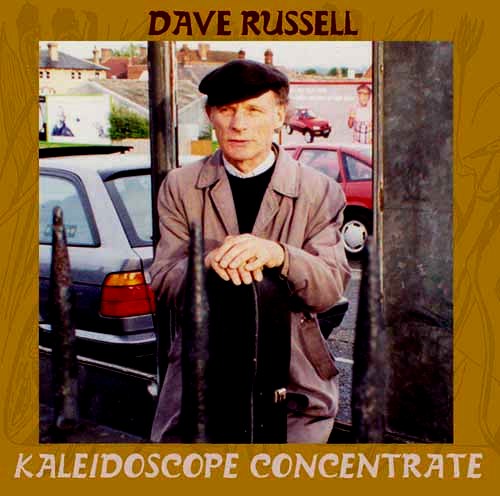
So your old material is still unreleased?
Some of it is unreleased; some of the releases are ‘out of print’.
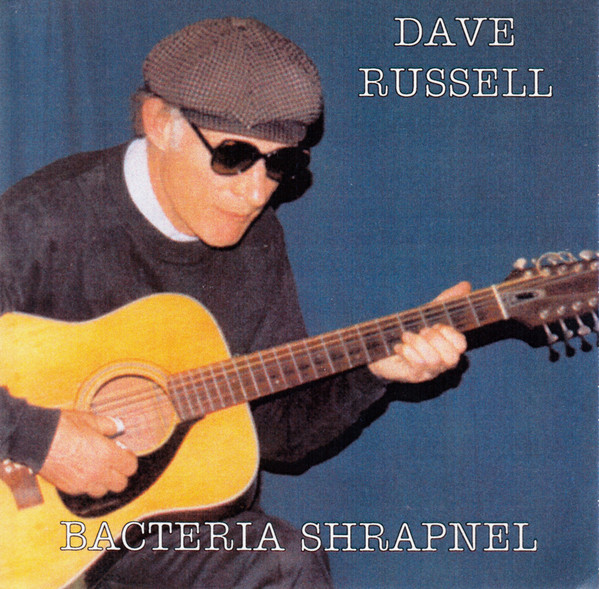
You also recorded quite a lot of material with Jim Clark of Posterity Recordings.
Jim Clark heard me play at Bunjies Folk Cellar and recorded me extensively. He made several CDs, including ‘Bacteria Shrapnel’, ‘Burglars of Britain’, ‘Poetry in Motion’, ‘Blues at Abbey Mill’ and others.
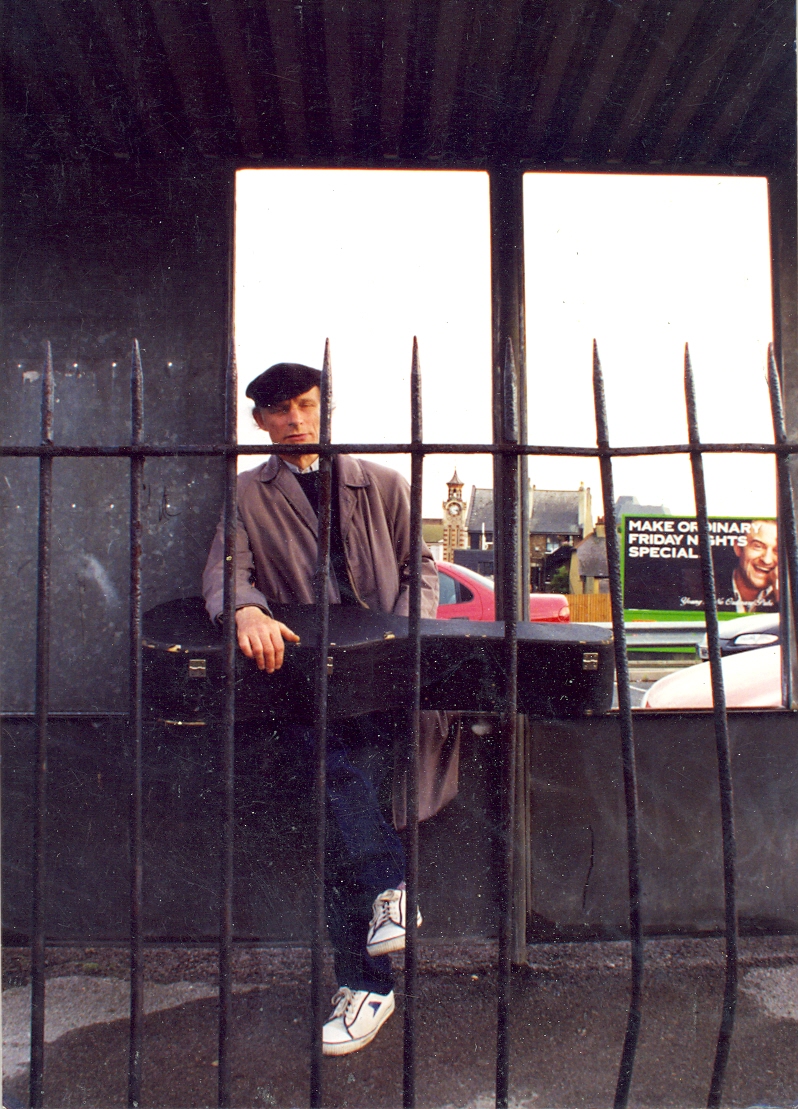
Thank you for taking your time. Last word is yours.
I’m really grateful for this. For so long I thought things had not happened. At last they seem to have done so. Dave Russell
Klemen Breznikar
Palewell Press Official Website

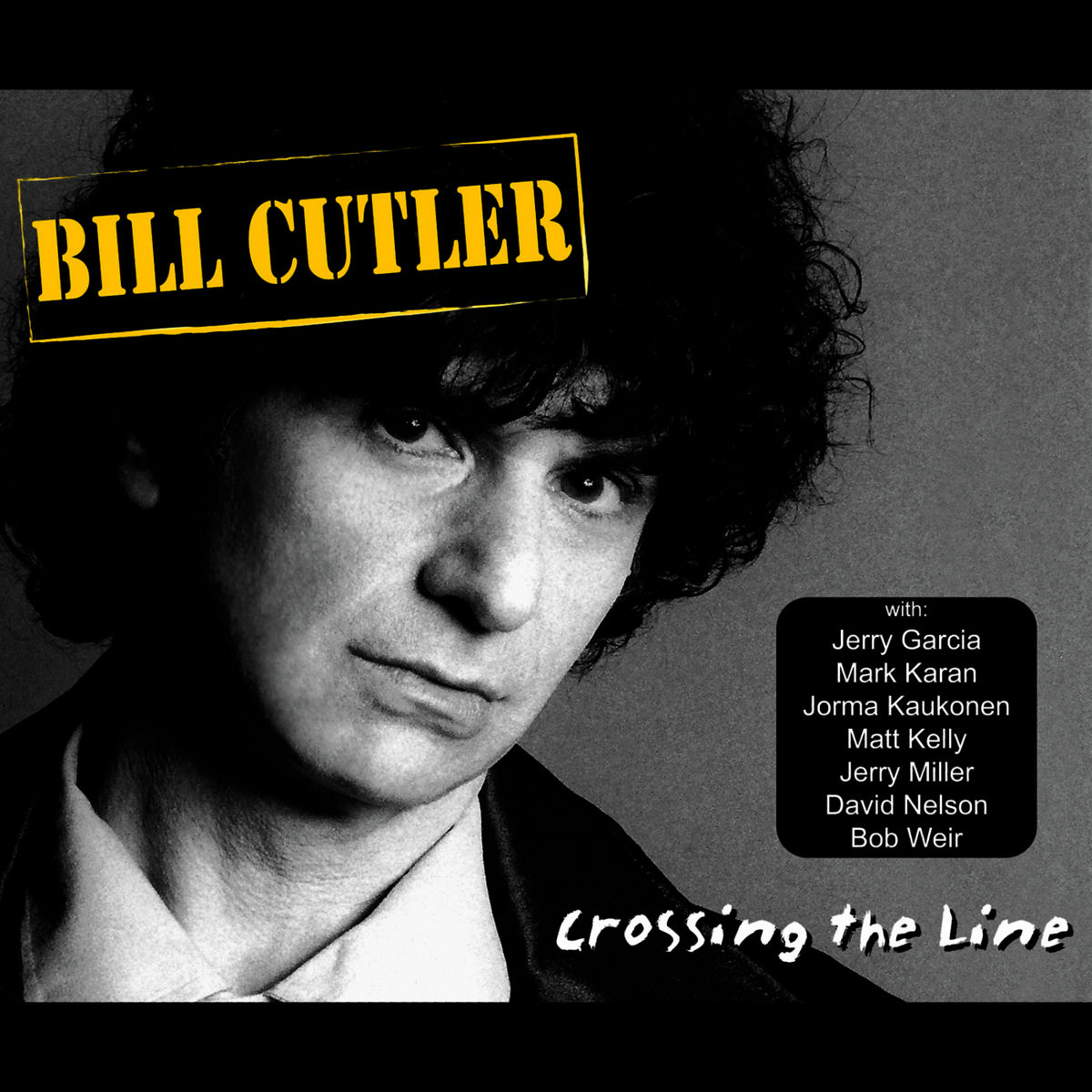
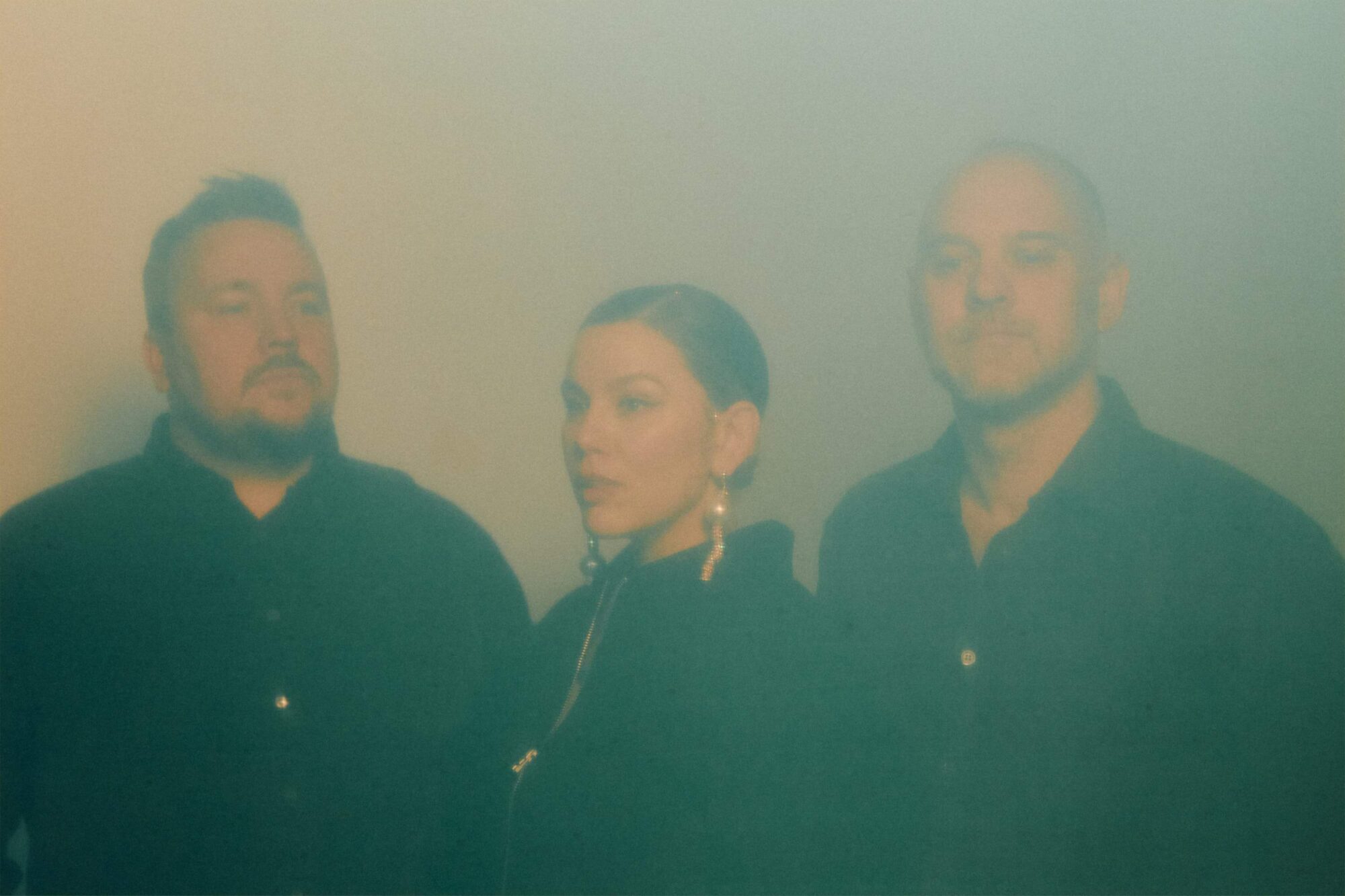
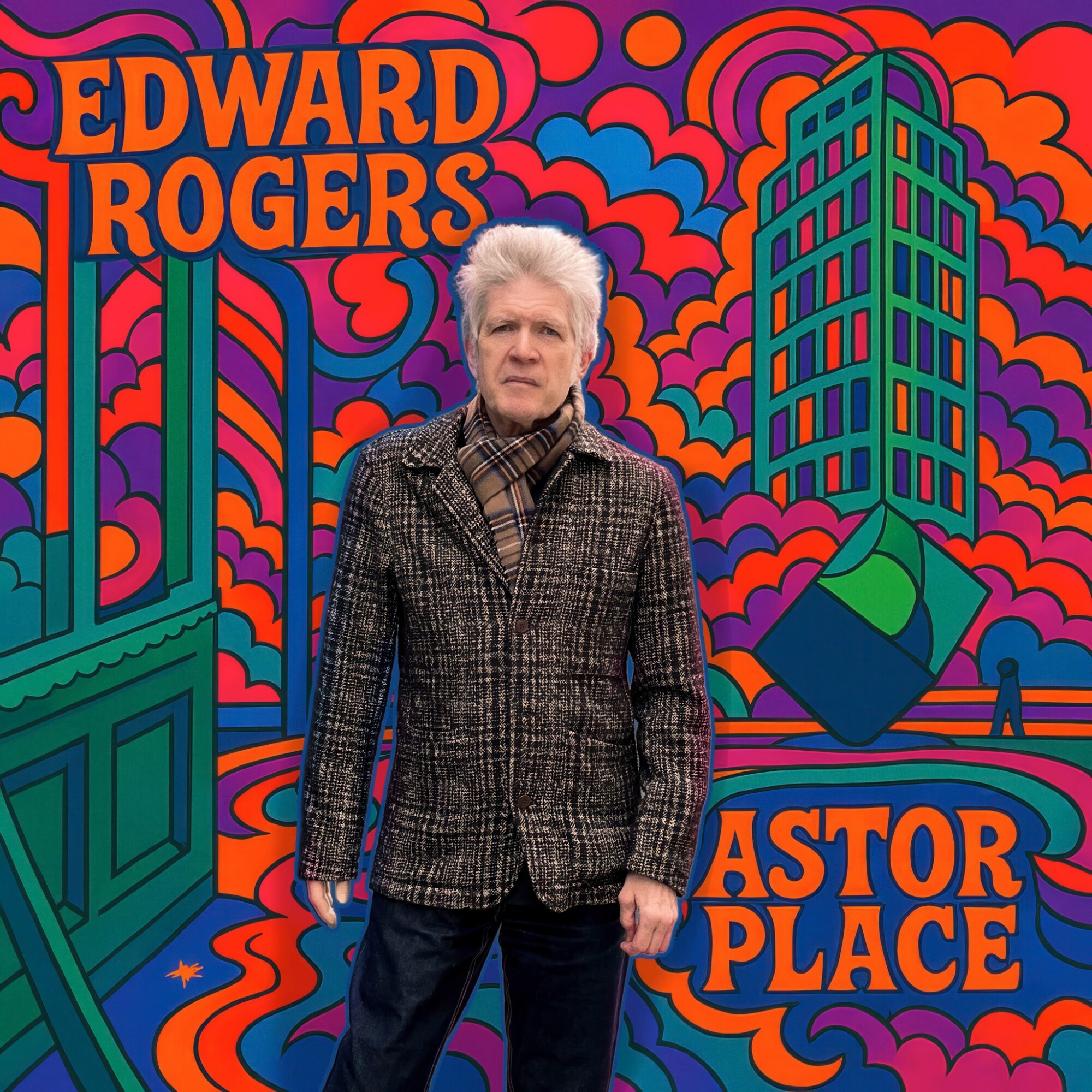
This is the missing man we need today (2022)
I have just been given bricolage as a gift and it’s a real treat. Hats off to you Mr Russell.